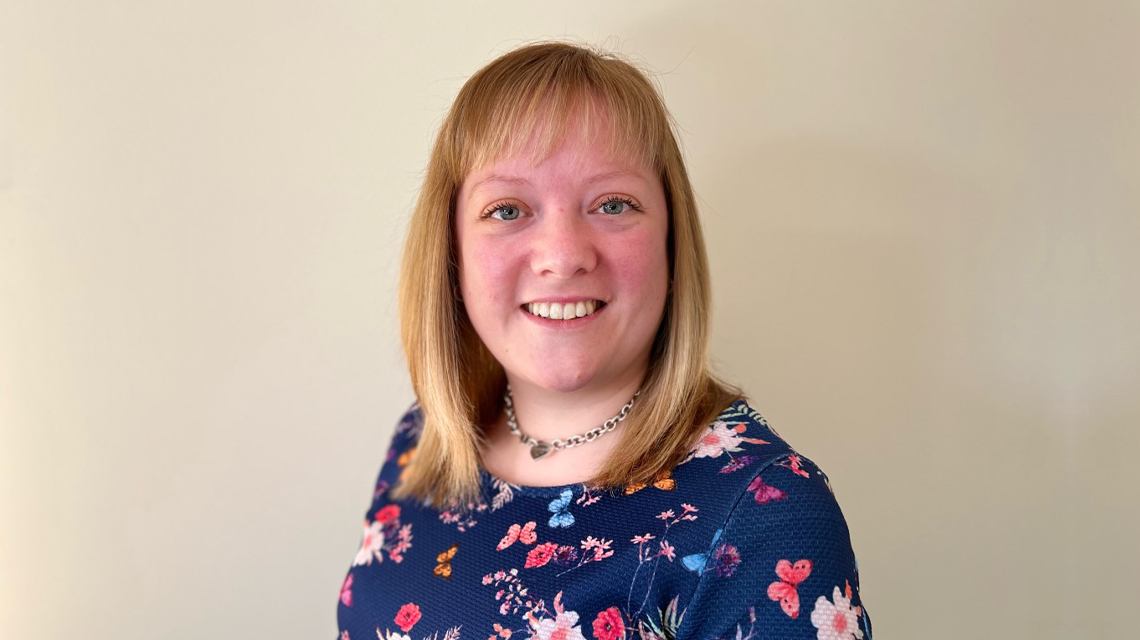Languages
Explore our MFL diversity and inclusion resources
We need, and want, to do more to ensure that the languages curriculum fully reflects today's students, is free from bias and enables inclusive teaching and learning. This article explores our approach, highlighting our growing collection of diverse teaching resources specifically created for the MFL classroom.
Amplifying marginalised voices through languages
As part of our work to shine a light on the complicated history behind the growth of languages across the world, we've partnered with leading language educators and leaders with an interest in diversifying the MFL curriculum.
We don't want to shy away from the difficult and uncomfortable truths, but rather allow students to analyse, interpret, and learn from diverse perspectives. The result is a new series of teaching and learning resources that aims to illuminate the often hidden stories of marginalised people and cultures.
We've created a growing collection of student-facing materials for different areas of focus. Each resource includes background information on the topic, key discussion questions, and an activity for students to complete using different target language skills.
The current collection includes topics such as:
- the influence of Islam on French, German and Spanish language and culture
- talking about race in different languages
- LGBT+ history and inclusivity
- culture beyond Europe
- Black History in the French, German and Spanish-speaking worlds.
More resources will continue to be added in future.
These resources can be used flexibly, in whole or in part, for flipped learning, homework tasks, cover lessons, starter activities, colourful displays or complete lessons.
Explore the whole diversity and inclusion collection for languages.
Pronouns and possibilities
At Pearson, we are committed to assessments that are inclusive and relevant for all. The evolution of new, gender-neutral forms and agreements in grammatically gendered languages like French, German, Spanish and Italian shows how closely words and social change are intertwined.
If you’d like to find out more about supporting your students’ preferred ways of referring to themselves within the confines of the target language – in the classroom and in assessments - please read this article:
Gender-neutral language and inclusivity in the MFL classroom.
Subject advisor
Rebecca Waker
Languages

Subject updates
-
July 2024 Languages Update
Dear colleagues,
Welcome to my last full update of the 2023-2024 academic year. In this update I have news to share regarding free resources, our popular Revise resources and an update on the GCE Chinese and Japanese ammendment.
I have also included all the key dates and information you will need in preparation for exam results. I hope you enjoy a relaxing summer break and I will be in touch prior to the results days in August with key reminders.
As ever, you can contact me via the details at the bottom of this page and I’ll be happy to support with your questions related to our qualifications.
Best wishes,
RebeccaSubject Advisor for Languages
-
Getting Ready for Results 2024
Dear colleagues,
Please see below all the details you should need related to exam results and post-results services.
As ever, you can contact me via the details at the bottom of this page and I’ll be happy to support with your questions related to our qualifications.
Best wishes,
RebeccaSubject Advisor for Languages